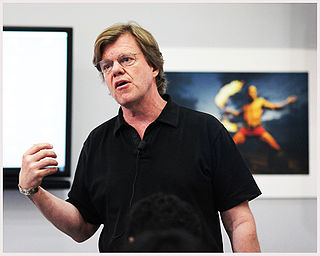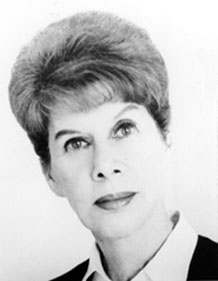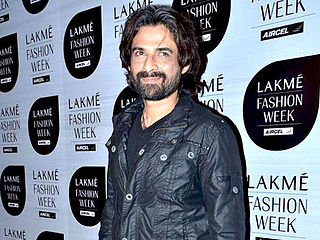A Quote by Sarah Rees Brennan
We love a lot of vampire fiction - both fiction in which the vampires are enemies to be battled or stone cold foxes to be dated.
Related Quotes
Literary science fiction is a very, very narrow band of the publishing business. I love science fiction in more of a pop-culture sense. And by the way, the line between science fiction and reality has blurred a lot in my life doing deep ocean expeditions and working on actual space projects and so on. So I tend to be more fascinated by the reality of the science-fiction world in which we live.
I'm a compulsive reader of fiction. I fell in love with novels when I was a teenager. My wife Marilyn and I... our initial friendship began because we are both readers. I've gone to sleep almost every night of my life after having read in a novel for 30 or 40 minutes. I'm a great reader of fiction and much less so of non-fiction.
Seán Manchester is, unsurprisingly, very well read in both classical and more recent sources on vampires and vampirism, and cites them with great authority while taking the reader through a brief tour of vampire lore and mythology. This is a book I'd recommend to anybody with an interest in the author or vampires. The parts which deal with vampires are obviously based on years of substantial research and personal experience.
Writing fiction is not a profession that leaves one well-disposed toward reading fiction. One starts out loving books and stories, and then one becomes jaded and increasingly hard to please. I read less and less fiction these days, finding the buzz and the joy I used to get from fiction in ever stranger works of non-fiction, or poetry.






































